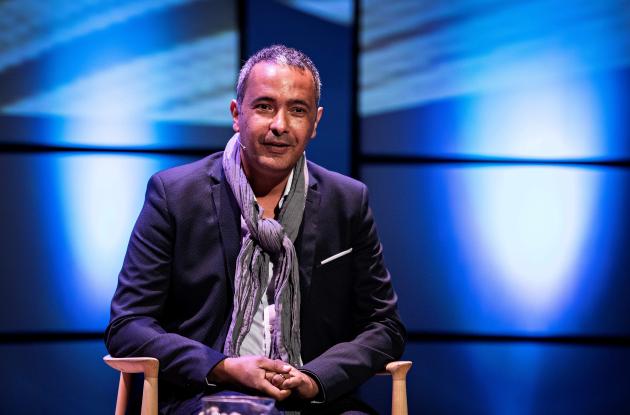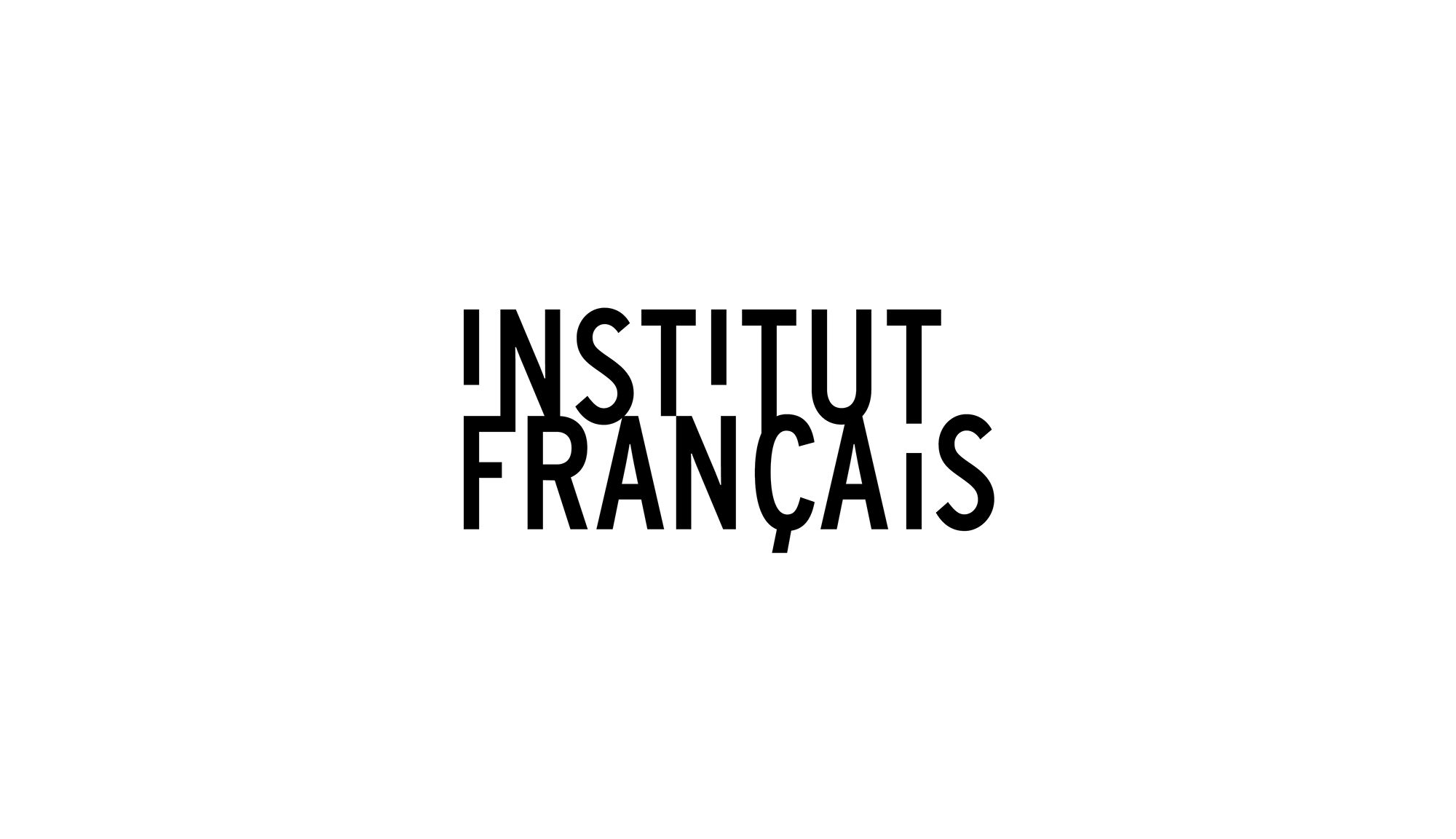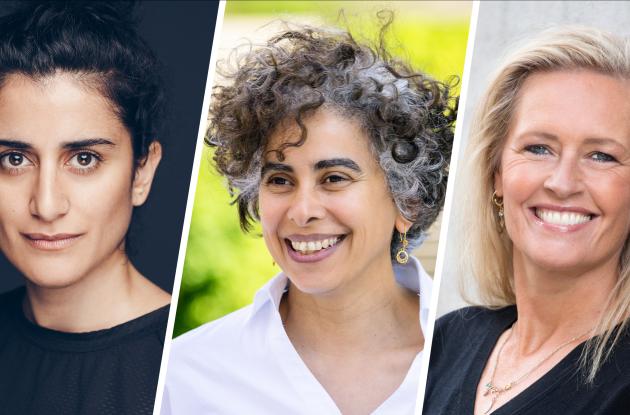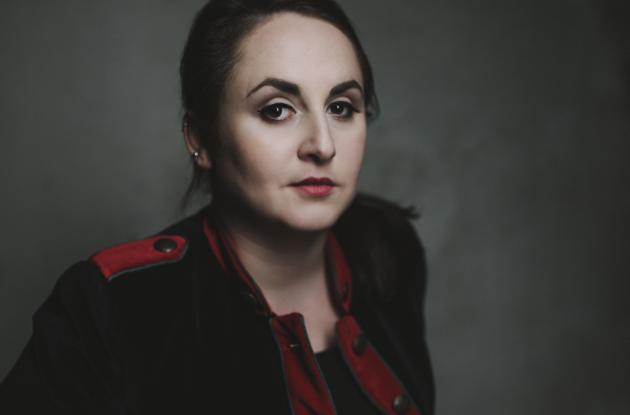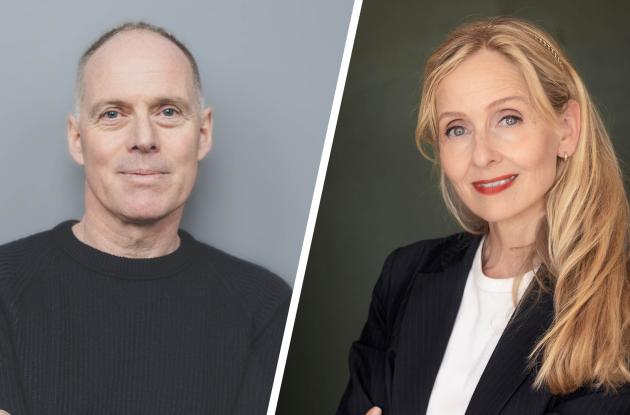International Authors' Stage: Kamel Daoud (FR)
Kamel Daoud's commitment to women's rights and criticism of religion has made him a controversial but important figure. Meet the novelist at the International Authors' Stage.
Author and social commentator Kamel Daoud, one of the most prominent voices in the French-speaking world, has made headlines in France and received the prestigious Goncourt Prize 2024 for his latest novel Houris. Now the audience can experience him in conversation with Tore Leifer at Royal Danish Library as part of International Authors' Stage.
A powerful story about trauma, women's voices and silence
Houris explores the deep scars that Algerian history has left on the individual and society. The protagonist, Aube, is a young woman who, as a child, experienced the brutality of the Algerian civil war in the 1990s. A violent incident has left her mute, with a scar on her neck and broken vocal cords. She dreams of finding her voice again, but her only opportunity to tell her story is through the child she carries in her womb. But does she have the right to have this child? Can you give life when you yourself have almost had it taken away?
In a country where it is illegal to speak openly about the civil war, Aube embarks on a journey back to her hometown, hoping that the dead will answer the questions that the living cannot or will not address.
Daoud's voice in the international debate
According to Le Monde, Daoud said upon receiving the Goncourt Prize: May this book make people discover the price of freedom.
The jury highlighted the novel's ability to give voice to those who have experienced the trauma of history firsthand, and its contribution to a conversation about the repressed and silenced aspects of Algerian history.
Kamel Daoud's commitment to women's rights and criticism of religion has made him a controversial but important figure in the postcolonial debate. He has repeatedly written about the lack of rights for women in Algeria and the wider Muslim world. In Houris, he depicts how patriarchal structures and political silence stifle women's voices and freedom.
Daoud's criticism of religion is also expressed in his essays and journalism, where he challenges fundamentalist interpretations of Islam and their influence on society. He argues for secularism and individual freedom, which has made him a prominent but controversial voice in the Arab world. In a controversial column in Le Monde in 2016, he criticised the sexual frustration among young men in the Arab world as a result of a patriarchal culture, which sparked great debate.
Participants
Kamel Daoud
Kamel Daoud was born in June 1970 in Mostaganem, a city 350 km west of Algiers. He studied in Oran and worked as a journalist at the Quotidien d'Oran, where he later became editor-in-chief (1994-2015). He has written for several international newspapers in Italy, France and the United States.
His breakthrough novel Meursault, a counter-investigation, has been translated into 34 languages and received great acclaim. He has also published Mes Indépendances, a collection of chronicles, and the novel Zabor ou les psaumes.
Tore Leifer
Tore Leifer has an MA and is an editor at Frederiksborg Museum of National History. For many years he was a well-known radio voice on DR's cultural programmes, now he is, among other things, the host of Frederiksborg's weekly podcast about history and art, PORTRÆT.
As a French speaker, he has interviewed authors such as Leila Slimani and Annie Ernaux in the Black Diamond.
Part of the series International Authors' Stage
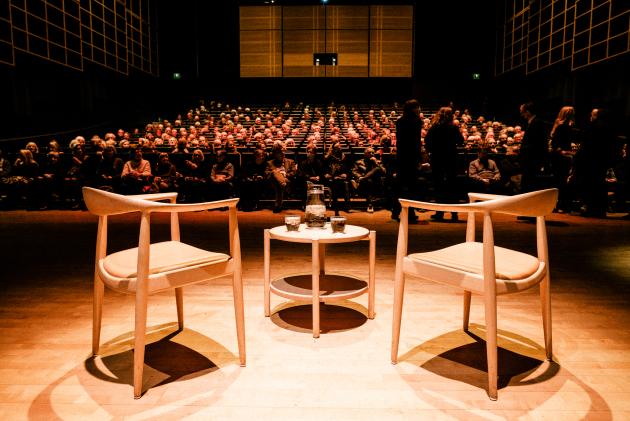
Photo: Malthe Ivarsson / Det Kgl. Bibliotek
Meet the greatest authors of the time from all over the world for in-depth conversations in The Black Diamond's beautiful event hall, the Queen's Hall. International Authors' Stage was founded in 2008, and has since hosted more than 150 authors from around the world.
The event is part of the series International Authors' Stage.
